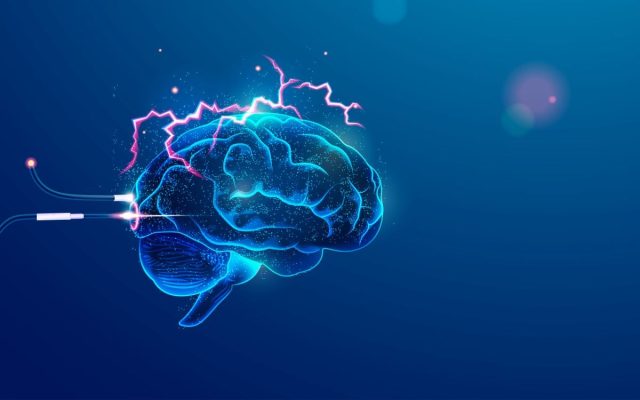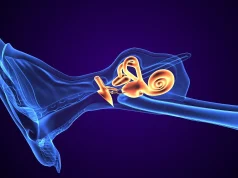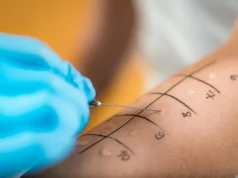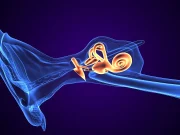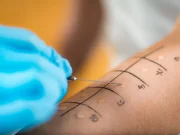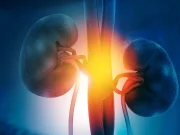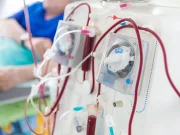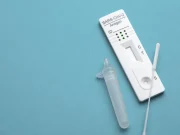Percentage of CD8+CD45RO+CD95+ T cells was higher in schizophrenia patients with tardive dyskinesia, and was linked to choroid plexus volume
By Elana Gotkine HealthDay Reporter
THURSDAY, July 25, 2024 (HealthDay News) — Alterations in the proportion of T cell subpopulations are associated with brain structural abnormalities in patents with schizophrenia with tardive dyskinesia (TD), according to a study published in the July issue of Schizophrenia Research.
Na Li, from the Peking University HuiLongGuan Clinical Medical School in Beijing, and colleagues examined the correlations between distributions of T cell phenotypes and brain structure abnormalities in 50 schizophrenia patients with TD (TD) and 58 without TD (NTD), relative to 41 healthy controls (HC). Naive (CD45RA+), memory (CD45RO+), and apoptotic (CD95+) CD4+ and CD8+ T cells were examined by flow cytometry, as were the intracellular levels of cytokines in CD8+CD45RA+CD95+ and CD8+CD45RO+CD95+ T cells.
The researchers found that compared to the NTD and HC groups, the TD group had a higher percentage of CD8+CD45RO+CD95+ T cells, which correlated with the choroid plexus volume in the TD group. Associations were seen for the intracellular level of interferon-γ in CD8+CD45RO+CD95+ T cells, the fractional anisotropy (FA) of the fornix/stria terminalis, and the pallidum volume with orofacial TD, while correlations were seen for the fractional anisotropies of the inferior fronto-occipital fasciculus, cingulum, and superior longitudinal fasciculus with limb-truncal TD.
“These findings provide preliminary evidence that the association between immunosenescence-related T cell subpopulations and brain structure may underline the pathological process of TD,” the authors write.
Copyright © 2024 HealthDay. All rights reserved.

